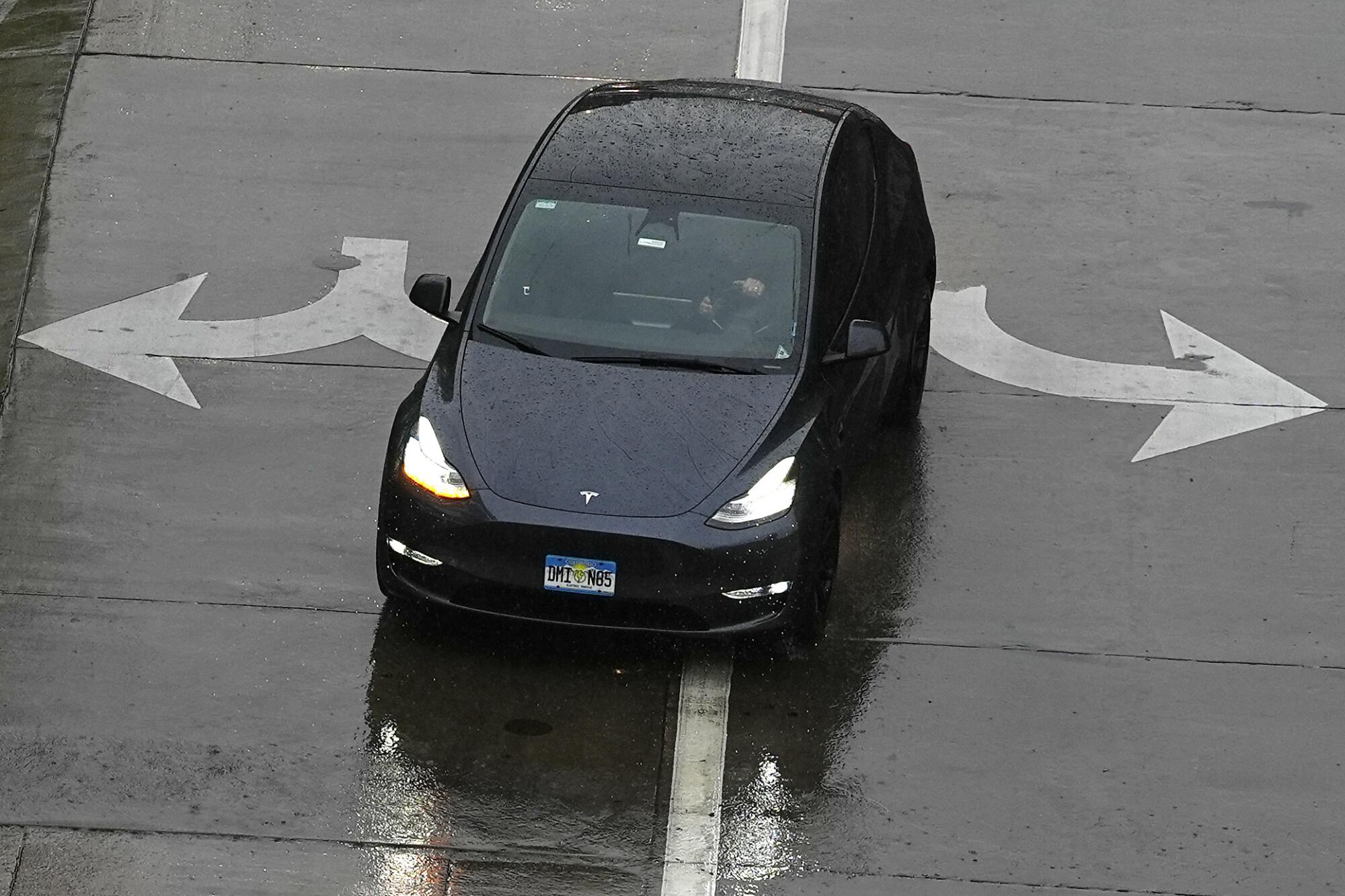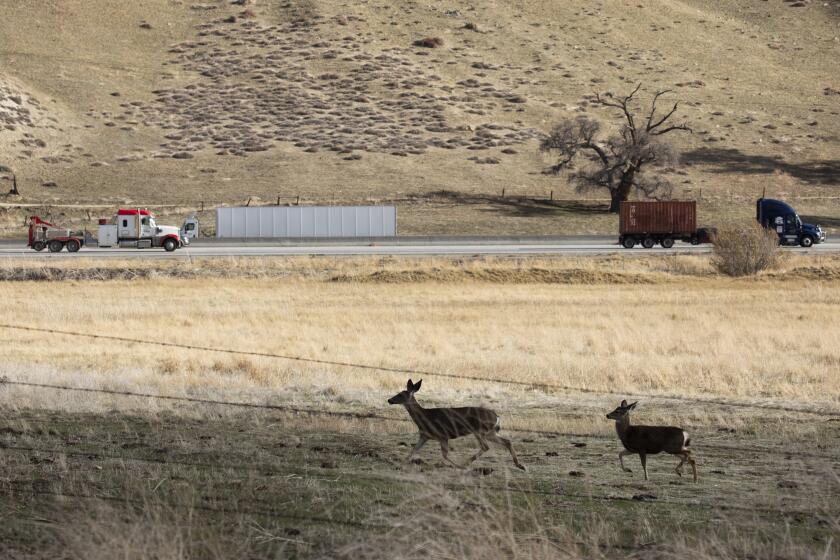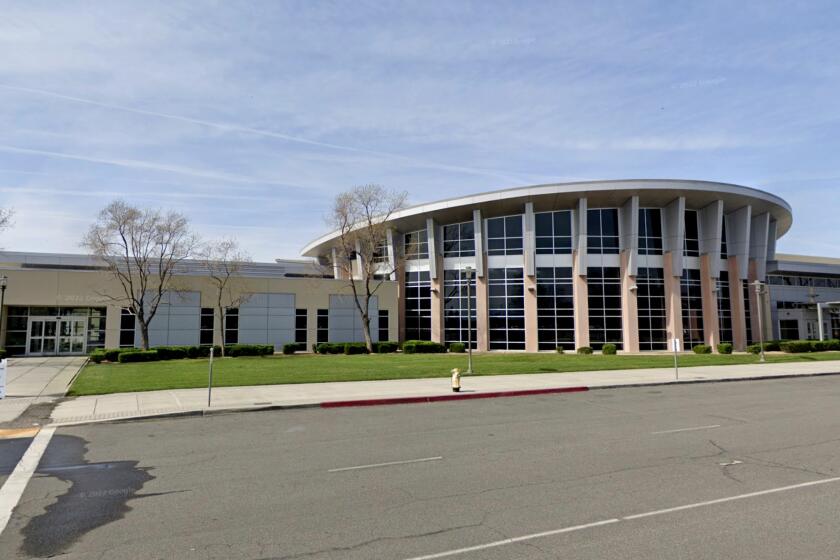
When does a sales-growth downturn move from a temporary blip to a longer-term trend? Maybe right now.
After years of rapid expansion, electric vehicles sales growth in California trended down in the middle of last year and now has turned negative: 101,443 all-electric cars were registered in the state in 2024’s second quarter, down from 102,730 in the second quarter of 2023, a drop of 1.2%.
As recently as last summer, that growth rate was positive at 55%. It fell to 16% growth in the fourth quarter last year, 2% in the first quarter this year, and now has gone negative.
EV sales growth is an important factor in determining whether the state can meet its goal of banning carbon-emitting new car sales by 2035.
Unit sales of EVs were up 11% this quarter compared with last, by 11,554 vehicles, but because of seasonal variation, comparing quarterly growth with the same quarter the previous year is a standard way of measuring business health.
Meanwhile, the market share of all-electric cars is roughly flat, according to the California New Car Dealers Assn. It stood at 21.9% of all vehicles sold through the first half of this year. It had risen over 22% at one point last year. Under the state’s climate plan, market share must reach 35% by 2026, requiring an annual sales growth rate of about 20%.
Aggressive and impactful reporting on climate change, the environment, health and science.
Tesla, once the darling of California car buyers, was hit hard. It’s still by far the EV sales leader, but Tesla’s California sales plunged 24.1% in the second quarter. Nationally, according to Kelley Blue Book, Tesla sales dropped 6.3% for the second quarter, even as total EV sales climbed 7.3%.
There are no hard data to suggest why Americans, and Californians in particular, are turning against Tesla. But the Tesla trend in the Golden State doesn’t look good.
Tesla “is facing mounting challenges. Its market share dipped 2.3 points from last year. ... Tesla’s allure seems to be wearing off, signaling potential trouble for the direct-to-consumer manufacturer,” the car dealers group said in a news release.
Tesla famously sells directly to customers and doesn’t use car dealers, so a bit of dealer group schadenfreude can be expected. But the numbers the group released are reliably produced by industry-standard data collection from Experian Automotive.
Starbucks and Mercedes-Benz announce a plan to install fast chargers open to all electric vehicles at 100 Starbucks cafes along Interstate 5, starting in 2025.
Besides Tesla, other second-quarter EV losers include Volvo, down 66.5%, and Polestar, down 61.9%. Both brands sell EVs made in China, hit hard by heavy Biden administration tariffs. Volkswagen was down 34.5%. Chevrolet was down 50.6% — but that’s mainly because it discontinued the popular Chevy Bolt EV, with promises to reintroduce a new version. If the Bolt had still been for sale, there’s a good chance that statewide EV sales would have been in positive territory.
Winners include Audi, up 77.4%; BMW, up 59.5%; Kia, up 72.3%; and Toyota, up 108% — although those increases come off a fairly small sales base.
Overall California auto sales were up 4.8% in the second quarter. Gasoline-battery hybrids are a bright spot — up 21%. Sales of plug-in hybrids, which can drive a few dozen miles on batteries alone, fell slightly.
If the flat EV sales growth trend continues, it could mean trouble for Gov. Gavin Newsom’s EV mandate: By 2035, auto manufacturers will be allowed to sell only electric cars in California, 80% of them all electric, 20% plug-in hybrids.







